Sunak, Biden to mark 25 years since N.Irish peace deal
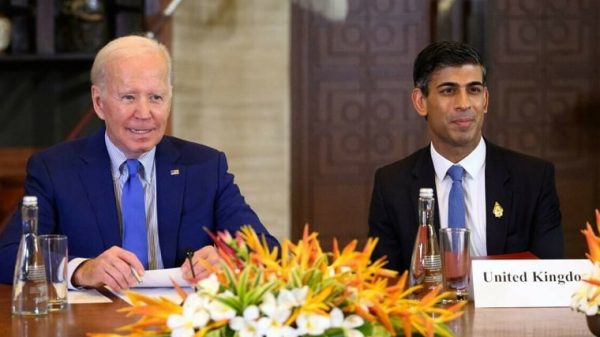
Shawdesh desk:
Northern Ireland on Monday marks the 25th anniversary of its landmark 1998 peace accords, with the UK province mired in political dysfunction and security concerns that threaten to overshadow the milestone.
No major public events are planned for the day itself, but British Prime Minister Rishi Sunak and US President Joe Biden will arrive Tuesday to launch several days of high-profile commemorations.
The territory has been reshaped since pro-UK unionist and pro-Irish nationalist leaders struck an unlikely peace deal on April 10, 1998 — Easter Good Friday — following marathon negotiations.
Brokered by Washington and ratified by governments in London and Dublin, the Good Friday Agreement largely ended three decades of devastating sectarian conflict in Northern Ireland and intermittent terrorist attacks on mainland Britain.
The so-called “Troubles” killed more than 3,500 people. They pitted the province’s majority Protestant unionists, wanting continued British rule, against Catholic republicans demanding equal rights and reunification with the Republic of Ireland.
But a quarter-century on, Northern Ireland is struggling to consolidate the gains of its hard-earned peace, with post-Brexit trade arrangements prompting political instability, and violence by dissident republicans on the rise.
“While it is time to reflect on the solid progress we have made together, we must also recommit to redoubling our efforts on the promise made in 1998 and the agreements that followed,” Sunak said in a statement marking Monday’s anniversary.
“As we look forward, we will celebrate those who took difficult decisions, accepted compromise, and showed leadership.”
– ‘Potential’ –
Sunak will attend a commemorative conference at Queen’s University in the capital, Belfast, and host a gala dinner to honour the anniversary, his Downing Street office has said.
Biden will “mark the tremendous progress since the signing of the Belfast/Good Friday Agreement,” White House Press Secretary Karine Jean-Pierre told reporters ahead of his visit.
It will “underscore the readiness of the United States to support Northern Ireland’s vast economic potential to the benefit of all communities,” she added.
The Irish-American president will then travel south on Wednesday to Ireland, spending three days in his ancestral homeland, in part tracing his family history.
While there he will “deliver an address to celebrate the deep, historic ties” the country shares with the US, according to the White House.
His visit will be closely scrutinised for any signs of pressure on Sunak to end the logjam in the North Ireland legislature caused by the Conservative Party’s loyalist allies.
The following week, Northern Ireland will continue its peace accord commemorations with a three-day conference starting April 17 hosted by former US secretary of state Hillary Clinton.
Her husband, Bill Clinton, played a pivotal role in securing the 1998 deal as US president from 1993 to 2001.
The upcoming events will celebrate Northern Ireland’s subsequent transformation, but focus will undoubtedly be drawn to its present woes.
In the years after 1998, Northern Irish paramilitaries were disarmed, its militarised border dismantled and British troops departed.
However, the peace process is perhaps more precarious now than it has been at any other point since then.
– ‘Up and down’ –
Power-sharing institutions created by the accords have been paralysed for more than a year over bitter disagreements on post-Brexit trade.
Despite Britain and the European Union agreeing in February to overhaul the arrangements, that new deal — the Windsor Framework — is yet to win the support of the pro-UK Democratic Unionist Party (DUP).
It has boycotted Northern Ireland’s devolved government for 14 months over the issue, crippling the assembly, and is showing no sign of returning to power-sharing.
Irish Prime Minister Leo Varadkar said Sunday that Dublin, London and Belfast were “working towards having the institutions up and running in the next few months”.
Meanwhile, the security situation has deteriorated, with Britain’s security services last month raising the province’s terror threat level to “severe”.
Police last week warned of “strong” intelligence that dissidents were planning attacks against officers in the city of Londonderry on Easter Monday.
It follows the attempted murder in February of police officer John Caldwell, the latest act of violence claimed by republican dissidents which served as a stark reminder of Northern Ireland’s dark past and fragile peace.
Northern Ireland minister Chris Heaton-Harris warned in the Sunday Telegraph that “a small number of people… want to drag us all back to the dark old days.”


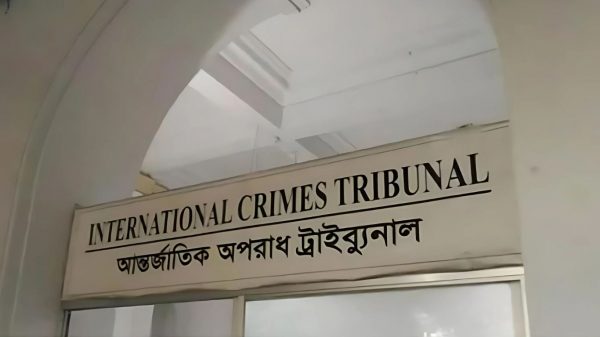
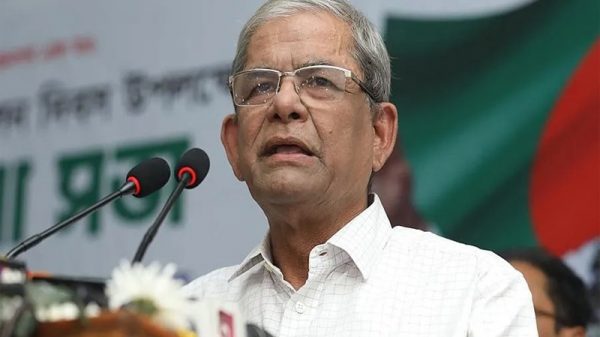

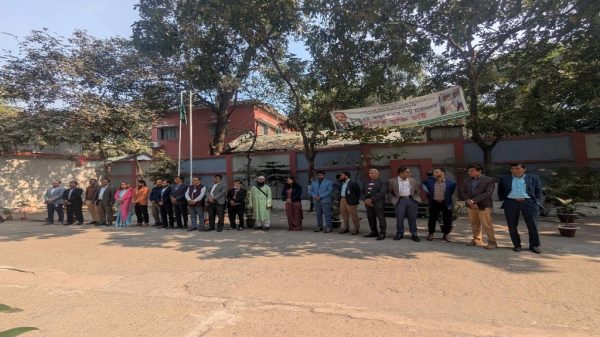

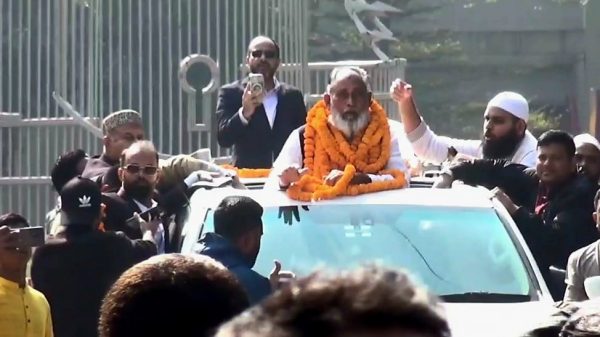

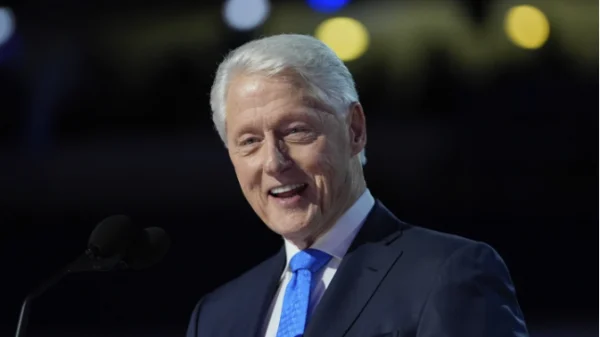

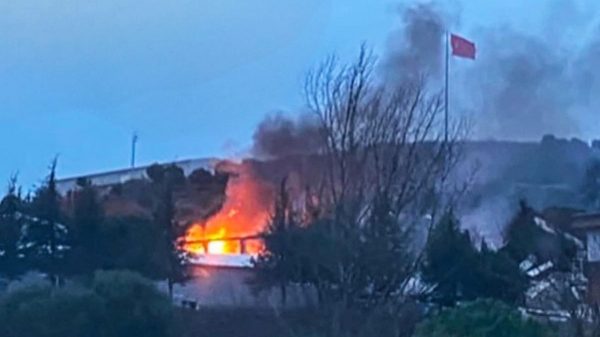
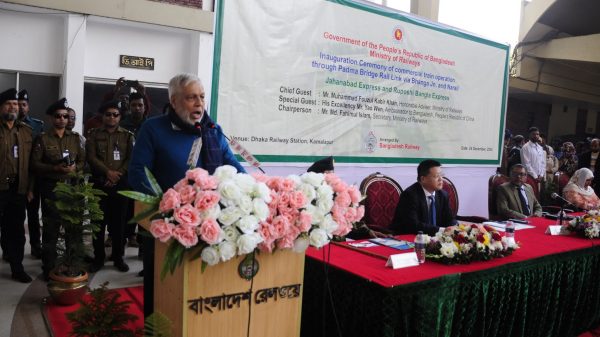














Leave a Reply